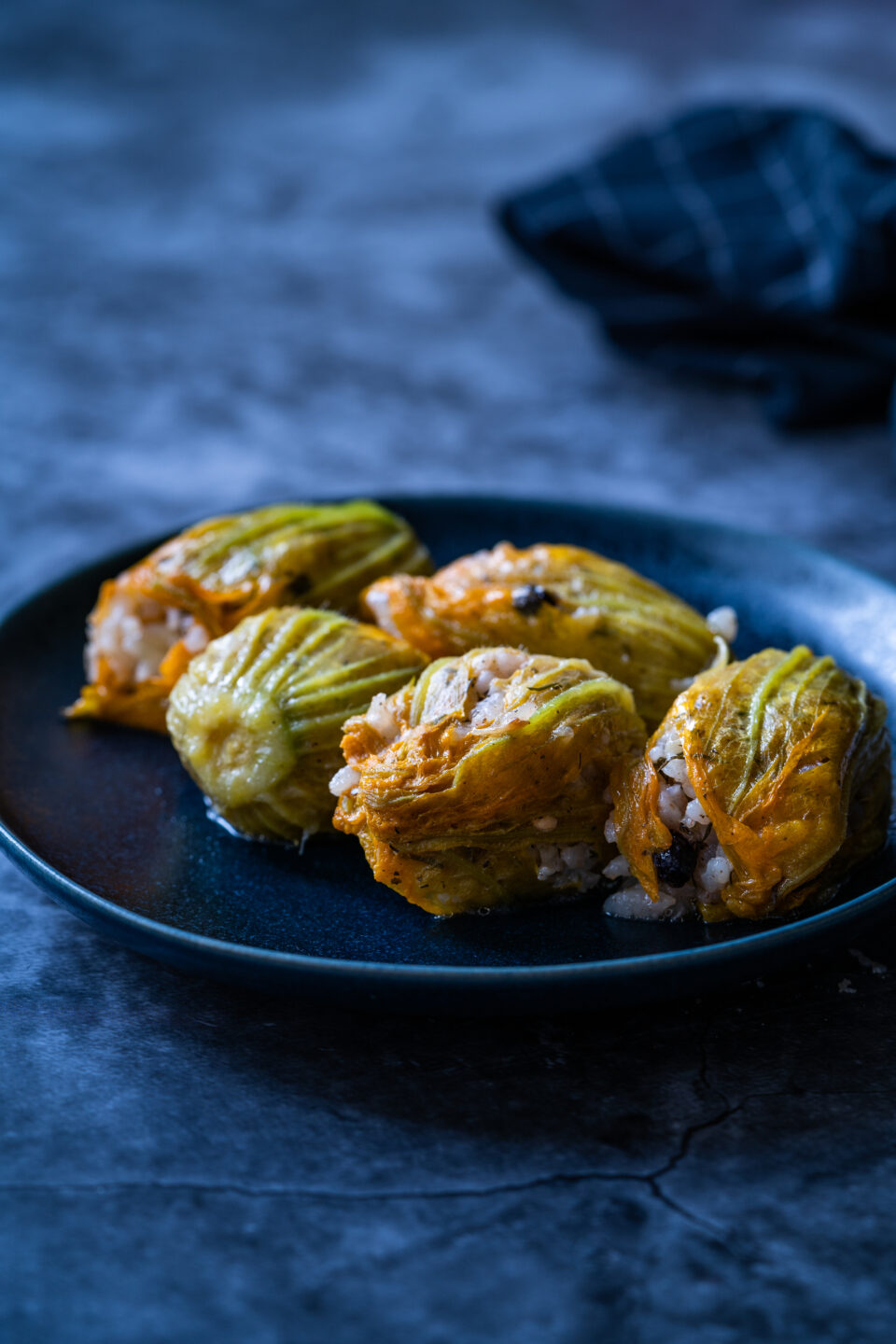Embracing the flavours and ancient traditions of a fertile geography, Anatolia’s rich gastronomic culture will be celebrated around the world during Turkish Cuisine Week from 21 to 27 May 2024. The annual Turkish Cuisine Week, now in its third year, will host events and social media campaigns organised by the representatives of the Republic of Türkiye abroad and in Türkiye. While the delicious, healthy, traditional, and waste-free recipes of sustainable Turkish cuisine will be highlighted with various activities throughout Turkish Cuisine Week, this year’s international events will present Turkish gastronomy’s Aegean-style menus that showcase the vibrant fusion of country’s history, culture, and nature.
Uniting History, Culture and Nature: Aegean Flavours
Türkiye’s Aegean coast, a fantastic landscape of green and blue, attracts attention with its magnificent scenery, deep-rooted history, and healthy food culture. In 2010, UNESCO recognised the Mediterranean Diet as an Intangible Cultural Heritage of Humanity. These coastal regions are famed for vegetables such as artichokes, zucchini blossoms, local herbs, and abundant seafood. The Aegean region is also known for its centuries-old olive trees and healthy olive oils, the secret of a long life. So much so that olive gardens stretch like a route from Çanakkale to Muğla, revealing the region’s cultural heritage that expands with olives and olive cultivation. In the region, İzmir and Milas stand out as the two stops of “The Routes of the Olive Tree”, registered by the Council of Europe. The findings in the ancient Klazomenai in Urla, home to Anatolia’s oldest olive oil workshop, attest to the 2,600-year-old history of olive processing methods still used today.
The Aegean region of Türkiye is an extraordinary destination celebrating the good life with delicious olive oil products and surrounding vineyards. In recent years, restaurants opened in the region are home to innovative chefs who create culinary miracles while bringing products grown in nearby fields directly to the tables with sustainable production methods.
The Aegean menu presented at international events within the scope of Turkish Cuisine Week consists of recipes symbolising the region’s abundance, where the healthy, sustainable, Mediterranean-style diet has long been emphasised. Aegean olives and cheeses, tarhana soup, fava bean puree, mücver (courgette/zucchini fritters), green beans with olive oil, stuffed peppers with olive oil, gözleme and other pastries with herbs, shrimp casserole, İzmir-style meatballs, incir uyutması (milk and dried fig pudding), somata (bitter almond sherbet) and sübye (melon seeds sherbet) are among the options on the menu.
Turkish Cuisine with Geographical Indications
The foundations of Türkiye’s sustainable heritage, a delectable combination of unique regional and provincial products and dishes, are the geographically marked, local and qualified foods from 81 provinces. In this context, within the framework of Turkish Cuisine Week, menus that include Türkiye’s products with geographical indications will also be offered at domestic events. The geographically marked products from regions and provinces around Türkiye illustrate the ecologically sustainable flavour tradition through natural production methods and quality.
Türkiye has a total of 2218 products registered by the Turkish Patent Institute, of which 1637 products have designation of origin sign, 565 products have geographical indication, and 16 products are traditional speciality guaranteed products. The country also has 21 products registered by the European Union (EU), including the Gaziantep baklava, the Aydın kestanesi (chestnut) and Aydın inciri (fig), the Bayramiç beyazı (a type of nectarine), the Malatya kayısısı (apricot), the Milas zeytinyağı (olive oil), the Taşköprü sarımsağı (garlic), the Giresun tombul fındığı (fat hazelnut), the Antakya künefesi, the Suruç narı (pomegranate), the Çağlayancerit cevizi (walnut), the Gemlik zeytini (olive), Edremit zeytinyağı (olive oil) and the Edremit Körfezi yeşil çizik zeytini (Edremit Gulf green (scratched olive), Milas zeytinyağı (olive oil), the Ayaş domatesi (tomato), the Maraş tarhanası (tarhana), Ezine peyniri (cheese), the Safranbolu safranı (saffron), the Aydın Memecik zeytinyağı (olive oil) and the Araban sarımsağı (garlic).
Turkish cuisine, a wonderful gastronomic tradition embracing high quality, natural ingredients with different storage and cooking techniques, also offers numerous options for vegetarian and vegan diets.

